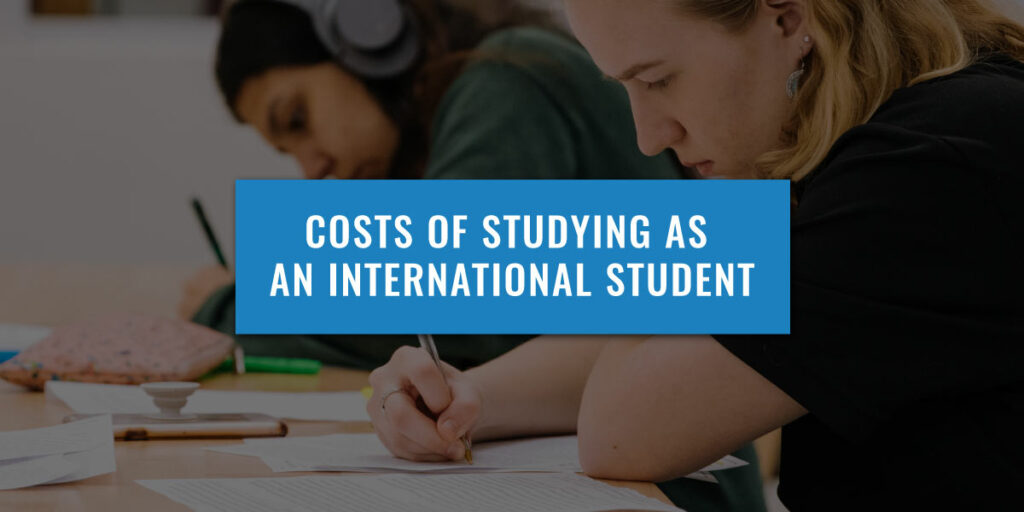
International Students
Applying to a UK university from abroad can feel overwhelming – there’s a lot to consider, from entry requirements and costs to understanding how the UK education system works. You might be asking:
- Are there specific entry requirements for international students?
- What are my chances of success?
- What makes studying in the UK so unique?
- How much does it really cost to study and live here?
This page brings together useful information about applying to UK universities as an international student. You’ll find plenty of free resources – all designed to help you prepare confidently and maximise your chances of success.
The UK University Application Basics
Applying to UK universities from abroad can sometimes be a confusing experience – especially if it’s your first time navigating the UK university system.
For undergraduate degrees, all applications are managed exclusively through UCAS (the Universities and Colleges Admissions Service). You’ll complete one application that can include up to five university choices. You cannot apply directly to universities for bachelor’s degrees — all applications go through UCAS.
There are also a few special rules: you can’t apply to both Oxford and Cambridge in the same application cycle, and Medicine, Dentistry, and Veterinary Science/Medicine applicants can apply to a maximum of four courses in those subjects.
What are the main requirements for international students?
Most UK universities welcome applications from international students, but requirements can vary by course and institution. In general, you’ll need academic qualifications equivalent to UK A-levels, proof of English language proficiency (often through IELTS or TOEFL), and supporting documents like a personal statement and academic references.
Some very competitive universities, such as Oxford, Cambridge, and certain medical schools, may require admissions tests or interviews as part of the process.
How Hard Is It To Get Into UK Universities As An International Applicant?
Take a look at the admissions statistics for international applicants to Oxford, Cambridge, and Imperial College London — they’ll give you a clearer idea of just how competitive entry to the UK’s top universities can be.
University of Oxford | Admissions Stats 2024
Applicants: 23,061
Non-UK Applicants: 8,367 (36.3%)
–
Offers: 3,793
Non-UK Offers: 797 (21%)
–
Acceptances: 3,245
Non-UK Acceptances: 633 (19.5%)
–
Offer Rate: 16.4%
Non-UK Offer Rate: 9.5%
–
Acceptance Rate: 14.1%
Non-UK Acceptance Rate: 7.6%
University of Cambridge | Admissions Stats 2024
Applicants: 22,153
Non-UK Applicants: 7,638 (34.5%)
–
Offers: 4,760
Non-UK Offers: 1,180 (24.8%)
–
Acceptances: 3,632
Non-UK Acceptances: 851 (23.4%)
–
Offer Rate: 21.5%
Non-UK Offer Rate: 15.4%
–
Acceptance Rate: 16.4%
Non-UK Acceptance Rate: 11.1%
Imperial College London | Admissions Stats 2024
Applicants: 32,887
Non-UK Applicants: 21,974 (66.8%)
–
Offers: 8,264
Non-UK Offers: 4,473 (54,1%)
–
Acceptances: 3,474
Non-UK Acceptances: 1,868 (53.8%)
–
Offer Rate: 25.1%
Non-UK Offer Rate: 20.3%
–
Acceptance Rate: 10.6%
Non-UK Acceptance Rate: 8.5%
Resources for International Students
Overall ranking tables can only tell you so much about how good a university’s teaching is, so discover our selection of subject ranking table guides below.

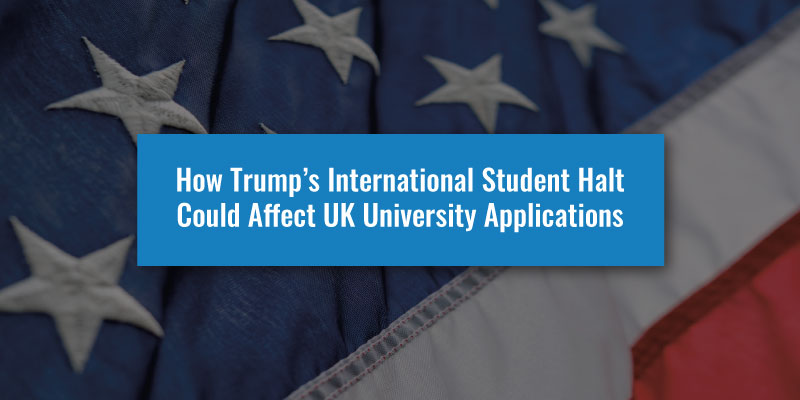
How Trump’s International Student Halt Could Affect UK University Applications
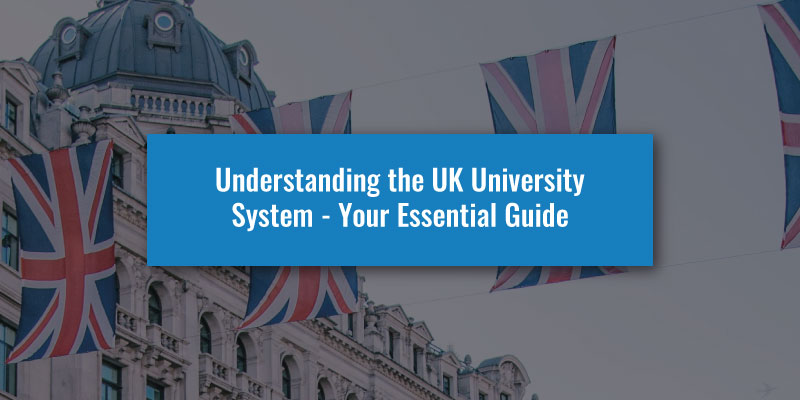
Understanding the UK University System – Your Essential Guide
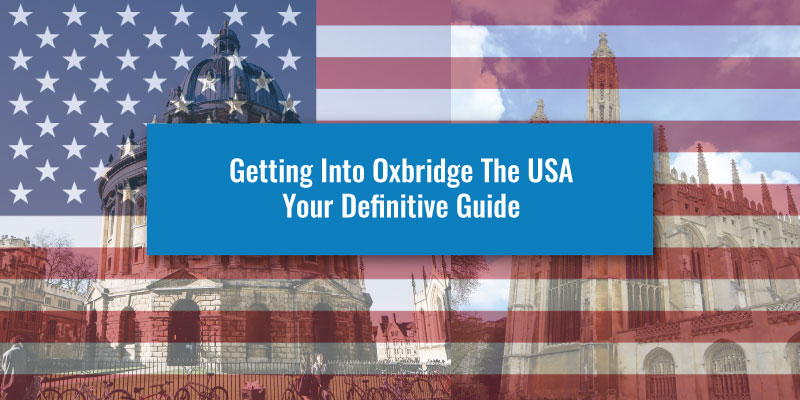
Getting Into Oxbridge From The USA – Your Definitive Guide

Getting Into Oxbridge From Singapore – Your Definitive Guide

How To Get Into Cambridge As An International Applicant
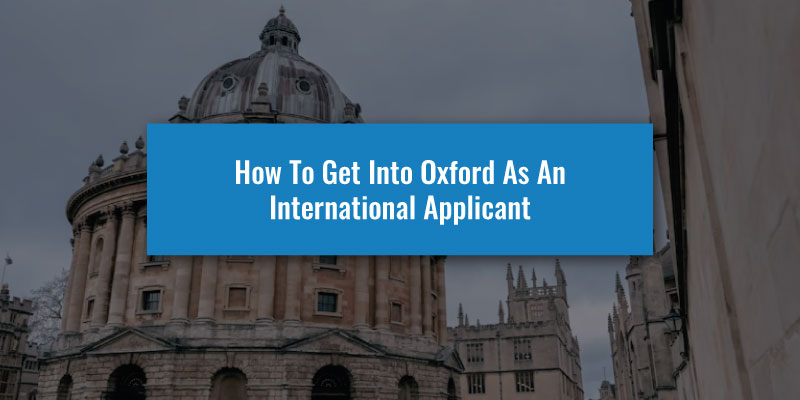
How To Get Into Oxford As An International Applicant

Getting Into Oxbridge From China – Your Definitive Guide
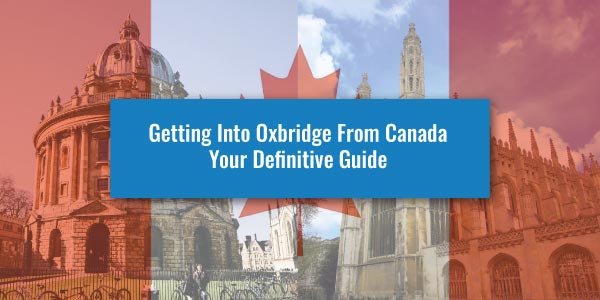
Getting Into Oxbridge From Canada – Your Definitive Guide

Getting Into Oxbridge From Hong Kong – Your Definitive Guide
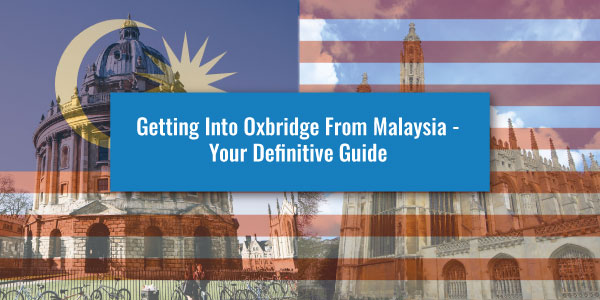
Getting Into Oxbridge From Malaysia – Your Definitive Guide

English Language Proficiency Tests For Oxbridge

US vs UK University Applications: What’s The Difference?

The Best Oxbridge Colleges For International Applicants

Guide For International Students Applying To Engineering In The UK
Get In Touch
Frequently Asked Questions
For undergraduate degrees, all applications must go through UCAS (the Universities and Colleges Admissions Service) — you can’t apply directly to universities.
To apply via UCAS, applicants need to create an account on the UCAS Hub when registrations open in May. Once your account is created you will need to provide all the required information, including information on where you live, your education / employment history and contact details. You will also need to select up to five university courses to apply to (remember that you cannot select Oxford and Cambridge in the same application) and pay a fee to submit your application.
Along with providing the information, you will need to get a reference from a teacher at your school and write a personal statement.
You can start filling out this information as soon as you have created an account, but you cannot submit this application to your university choices until the beginning of September. From there, you have until the application deadline to finalise everything and send it off.
After submitting your UCAS application, universities will review your grades, personal statement, and references. You may then receive a conditional or unconditional offer, or be invited to take an admissions test or interview, depending on the entry requirements of your chosen course.It’s important to check your email regularly and respond promptly to any requests.
Strong grades, a well-written personal statement, and excellent English language skills are essential. UK universities also value applicants who demonstrate genuine enthusiasm for their subject beyond school and awareness of what studying it involves.
Some courses – especially at very competitive universities like Oxford and Cambridge – may also require admissions tests and/or interview(s), so preparing early and seeking expert guidance, if needed, can make a real difference to your chances of success.
Ideally, you should start preparing at least a year before your intended start date. This gives you time to research universities, prepare for English language tests, and draft a strong personal statement. Remember that some courses — such as Medicine, Dentistry, Veterinary Science, and all Oxbridge degrees — have earlier UCAS deadlines, typically the 15th of October, compared to January for most other courses.
Yes — if you’re studying on a Student Visa, you can typically work up to 20 hours per week during term time and full-time during holidays. However, restrictions may apply depending on your visa and course, so always check the specific terms listed on your visa documentation.
Many UK universities offer scholarships, bursaries, or international awards to help cover tuition fees. In addition, external organisations and some governments sponsor students studying abroad. Make sure to research these opportunities early — some scholarships have deadlines months before your UCAS application.
